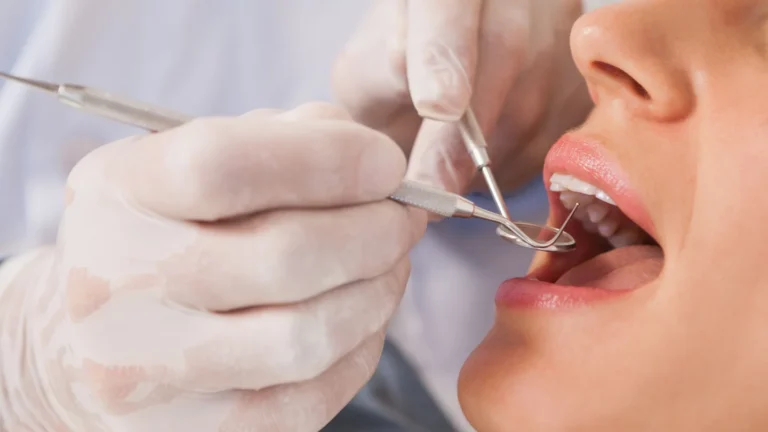
6 Strategies To Build Positive Dental Experiences For Kids
Creating positive dental experiences for kids can reshape their approach to oral health. Here are six strategies to help you lay that foundation. First, choose a kid-friendly dentist. A welcoming environment makes all the difference. For example, a dentist in Harrisonburg, VA, may offer a comfortable setting tailored to young patients. Secondly, instill good habits at home. Consistent brushing and flossing routines build confidence and familiarity with dental care. Next, use storytelling to explain procedures. Simple stories reduce fear and spark curiosity. Fourth, set realistic expectations. Discuss visits beforehand so your child knows what to expect. Fifth, reward bravery. A small token or praise can encourage positive feelings about dental visits. Lastly, schedule regular check-ups. Routine care supports dental health and makes each visit less intimidating. Together, these strategies help your child embrace dental visits as a normal, positive part of life.
1. Choose a Kid-Friendly Dentist
Finding the right dentist is crucial. Look for offices specializing in pediatric care. These dentists know how to communicate with kids and make them comfortable. A trusted source can help you find a pediatric dentist near you. The right choice creates a stress-free environment.
2. Build Good Habits At Home
Start early with brushing and flossing routines. Make it a daily activity so kids see it as a normal part of their day. Use fun toothbrushes and flavored toothpaste to make brushing enjoyable. This approach builds familiarity and confidence in dental hygiene.
| Activity | Recommended Frequency |
|---|---|
| Brushing Teeth | Twice daily |
| Flossing | Once daily |
| Dental Check-ups | Twice a year |
3. Use Storytelling
Explaining dental procedures through storytelling can ease anxiety. Create characters and adventures around dental visits. For example, imagine a brave tooth warrior fighting cavity monsters. This narrative helps children understand processes in a non-threatening way.
4. Set Realistic Expectations
Before a dental visit, talk with your child about what will happen. Use simple language to describe the experience. Being honest helps reduce fear of the unknown. Knowing what to expect makes visits less intimidating for your child.
5. Reward Bravery
Offer small rewards for bravery during dental visits. This could be a sticker or extra playtime. Positive reinforcement encourages cooperation. Your child will associate dental visits with positive outcomes.
6. Schedule Regular Check-Ups
Routine check-ups are key to maintaining oral health. Regular visits help prevent problems and ensure that any issues are caught early. They also make dental visits a normal occurrence rather than a rare event. For guidelines on dental care, the CDC provides useful resources.
In summary, these strategies help turn dental visits into positive experiences. By focusing on comfort, routine, and understanding, you set your child up for a lifetime of good oral health habits.


















